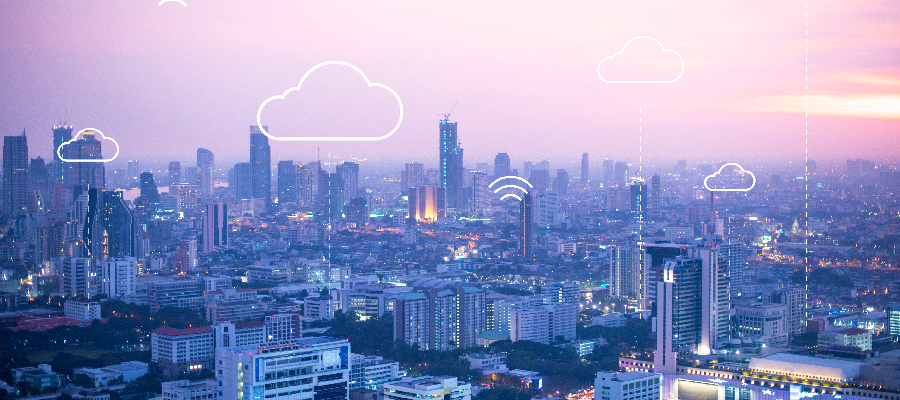Significant outages for popular social media platforms, new legislature in Singapore, and insights into the ownership of internet infrastructure. In this article, we take a look at three interesting updates related to the internet.
Why are giant companies suffering from such widespread outages?
In recent weeks there have been long outages for major social media platforms like Facebook, Instagram, Snapchat, and Whatsapp. This has prompted many to ask the question what's happening with the internet? What is causing such significant outages for these tech giants? When such an event occurs, most people suspect some sort of foul play or cyber attack. Turns out the reason for these outages is often not as dramatic. Most commonly these outages are caused due to human error and because the systems and protocols that the internet is built on are very old and fiddly. Another reason these outages are compounded is how we are using the internet to store and deliver data. Increasingly a small number of networks are being used to deliver large amounts of data. Thus when even one of these systems goes down, the impact is significant. For instance, experts believe that the outages that impacted Facebook, Instagram, and WhatsApp globally for over 7 hours at the same time were the result of DNS-related issues. It raises the question, why are all three of these massively popular services connected to the same system? Services like WhatsApp, and Facebook have grown past their social media entertainment roles. Today, they are key tools that many people rely on for essential services, business, and trade. When these services go down, the impact can have serious consequences on people's livelihoods.
See also: Netflix to Pay For Increased Internet Use Driven by Squid Game
Who owns the internet?
The term 'cloud' gives many people a misleading impression of what modern-day infrastructure looks like. When data is stored in the cloud, it isn't floating around in heavenly cables, it is actually being stored on an anonymous computer on an anonymous server rack, at a large data center, in a place where land and electricity are cheap. The cloud is actually a very real physical infrastructure. So, who owns the cloud? The names will be quite familiar, Aamzon, Gooogle and Facebook own the lion's share of data centers around the world. Increase data capacity is a full-time business for these big tech firms. More recently big tech companies are expanding beyond cloud data centers and have started to invest significant in another key infrastructure of the internet: international cables. The internet runs on a network of cables that are lie under the ocean. These cables are the size of a common garden hose and are capable of carrying hundreds of GBs of data across the world in a fraction of seconds. Most cables are owned by a consortium of companies, and very few are owned by a single firm. AT & T is owns the largest share of international cables, but in recent years the highest amount of investment for these cables has come from big tech companies like Facebook and Google. It seems their plan is to own the internet where there services are run.
New legislature in Singapore
The internet landscape is not only at risk due to outdated systems and vulnerable infrastructure but from legislature being introduced by various world governments. Though it can have its pros and cons, the internet is mostly an area that is largely unpoliced. Service providers are not responsible for what people post on their platforms. However, Singapore has recently introduced new legislation that would give the government power to compel internet service providers and social media platforms to share user information, block content, and remove applications that they believe are hostile. Dubbed the 'foreign interference law', the government claims it is meant to protect the country from foreign interference and propaganda campaigns. Critics of the law have argues that it will be used as a tool to crush dissent.
What do you think of the internet? Is it just a way to get connected or do you think about the technologies and systems that power that connection? Subscribe to whitepapers.online for the latest internet updates.
Featured image: Technology photo created by rawpixel.com - www.freepik.com

